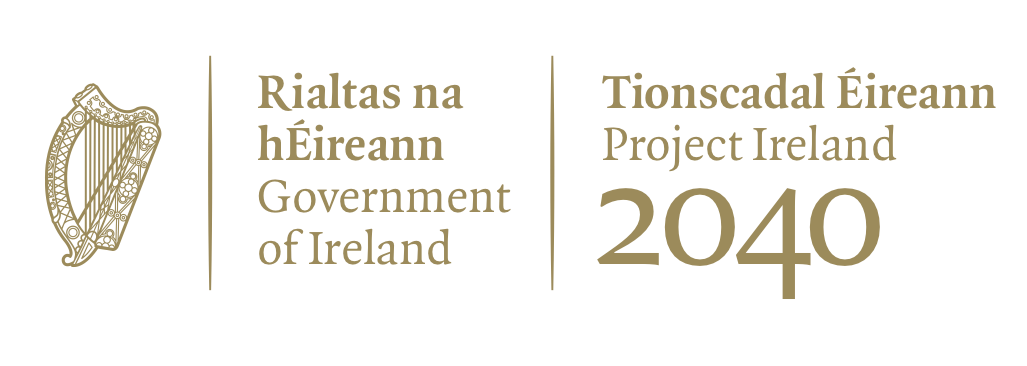Carlow Sludge Reed Beds
Wastewater Project
Innovative and environmentally friendly programme completed in Co. Carlow to reduce energy consumption and carbon emissions.
Uisce Éireann, working in partnership with Carlow County Council, has completed works to install sludge drying reed beds (SDRB) at five wastewater treatment plants in Co. Carlow.
These innovative and environmentally friendly projects are part of a €800,000 pilot programme completed across Carlow, with reed beds constructed at the wastewater treatment plants in Clonegal, Fenagh, Ballon Myshall and Raheendoran, Co. Carlow. The project has been delivered by Glan Agua Ltd. in collaboration with Wild Goose Environmental Ltd.
What are Sludge Drying Reed Beds?
The SDRB process is based on a natural treatment process in which the reeds system naturally treats the sludge, and provides a sustainable and cost-effective solution for the long term treatment of wastewater sludge. The daily operation and maintenance of the systems will be minimal, only requiring the beds to be emptied once every 10 years. The process reduces transport movements and emissions, while also substantially reducing costs associated with the treatment process.
What is involved?
- Designed and constructed SDRB within the footprint of each of the sites
- Each SDRB is appropriately sized to cater for growth and development of the villages
- Installed HDPE reed bed liner, pipework and infrastructure at each of the plant
- Planted Common Reeds (Phragmites Australis) at the plants to facilitate the treatment of the sewage
- This will be followed by a 12 month performance period, to establish the sludge loading rate for each site
Benefits
- Significantly reduce energy consumptions and carbon emissions associated with the traditional wastewater treatment process. This will result in an energy reduction of up to 35,381 KWh per year and reducing carbon emissions by up to 15 tonnes
- Result in a reduction of over 250 tanker loads per year from the facilities, which will result in a reduction in emissions of over 34 tonnes of carbon the lifetime of the SDRB
- Reduced operation and maintenance costs due to on-site treatment and reed beds are only required to be emptied once every 10 years.
- Creation of sustainable, biodegraded, chemical-free fertiliser which can be directly applied to the land and reduce the burden on landfills
- Enhance biodiversity at the sites through habitat creation
- Reed beds also act as natural carbon sequester, removing carbon from the atmosphere
- Eliminate the need for chemicals to be added to the treatment process
- Eliminate odour issues associated with outdated treatment systems at the plants
- Ensure compliance with Urban Wastewater Treatment Regulations 2001
What is next?
Following the successful implementation of this sustainable and energy efficient pilot programme, Uisce Éireann has plans to implement similar programmes at wastewater treatment plants across the country. Uisce Éireann has identified over forty similar sites identified that would be suitable for sludge drying reed beds.

